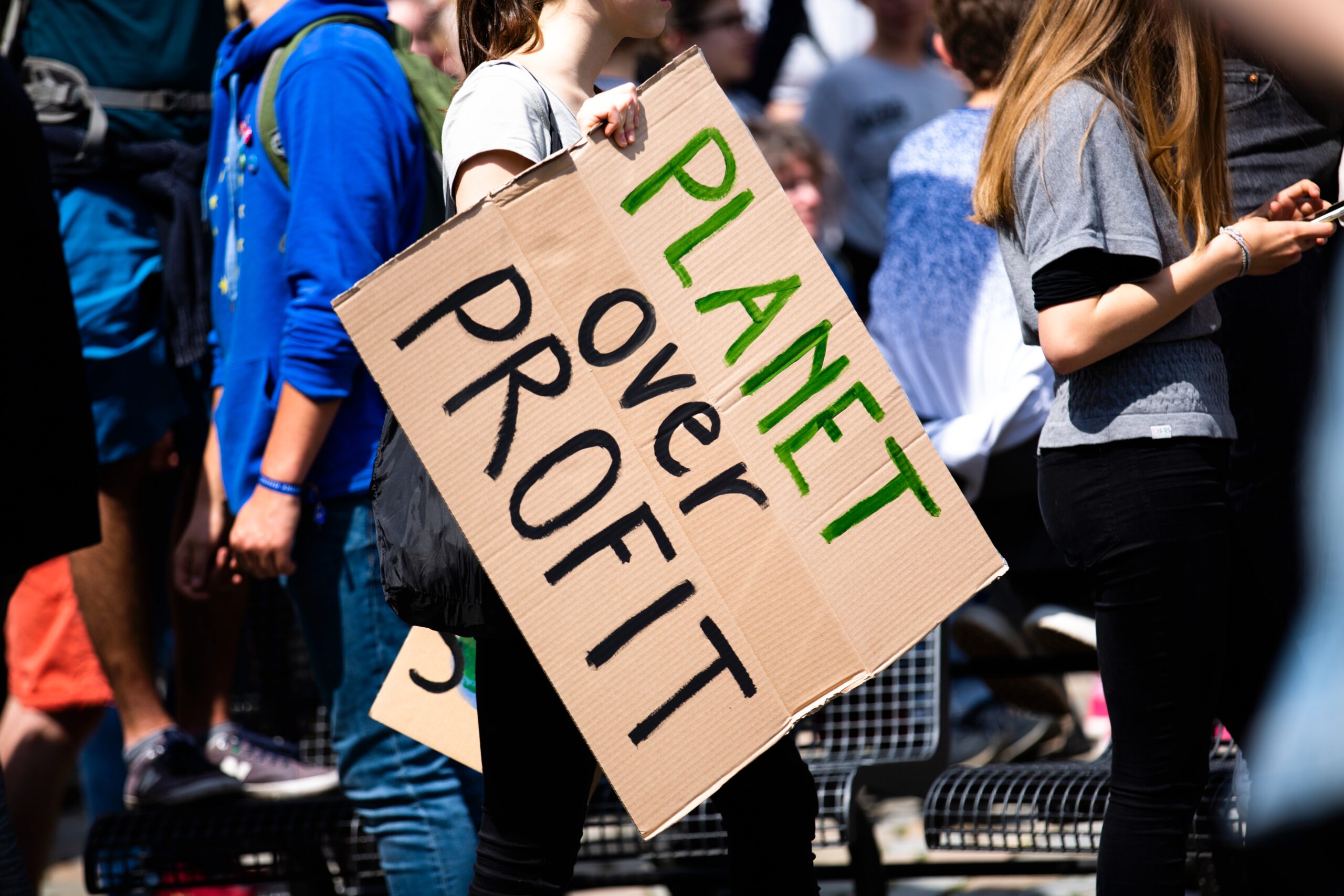In his final budget address to City Council, departing Pittsburgh Mayor Bill Peduto boasted of the erstwhile Steel City now being internationally recognized for its efforts to address issues such as “climate change.”
For as the Post-Gazette reminds, “The city won first-place honors from the U.S. Conference of Mayors’ Climate Protection Awards and the Bloomberg Mayor’s Challenge.”
And, lest we forget, the P-G continues, “Pittsburgh is preparing to welcome leaders from 31 countries next September when it hosts the 2022 Clean Energy Ministerial and the ministerial for Mission Innovation.”
Sounds like a balanced group, right? Wonder how much carbon their flights will pump into the atmosphere, eh?
Peduto also reminded that the city is committed to “combating climate change with measures like the ‘Climate Action Plan,’ which sets goals like achieving 100 percent renewable electricity for the city’s operations by 2030.”
But that’s not all well and good, given the facts on the ground if not in the air.
As economist Alan Reynolds recently noted in a column penned for the American Institute for Economic Research (AIER):
“With so much coal and other fossil fuels being voraciously burned in Asia, spending endless billions on lucrative subsidies for electric cars, solar and wind farms and other boondoggles could not possibly make much difference to future worldwide greenhouse gas emissions that will continue to depend almost entirely on what Asia is doing, not the U.S.”
That is, what the ecocratic administrations in Washington, Harrisburg and Pittsburgh do won’t make one whit of climate difference. And neither one lick. Not one. But it certainly will be an expensive, non-marketplace redirection of scarce public resources that stand to cost the economy and workers dearly.
That’s what’s guaranteed to happen when government(s) take over any marketplace.
“Excuses for subsidies rely on the pretense that we can greatly reduce the whole world’s huge demand for fossil fuels by modestly boosting the domestic supply of alternatives,” says Reynolds. “But the foreign demand for oil, gas and coal has nothing to do with the domestic supply of electric cars or the scale and number of unreliable solar and wind farms.
“No number of subsidies for alternative U.S. energy sources could possibly offset any noticeable fraction of Asia’s insatiable appetite for fossil fuels,” he concludes.
Neither will any City of Pittsburgh “Climate Action Plan.”
The city might as well boast of “international recognition” for claiming to be able to count the number of angels on the head of a pin for all that matters.
Colin McNickle is communications and marketing director at the Allegheny Institute for Public Policy (cmcnickle@alleghenyinstitute.org).



